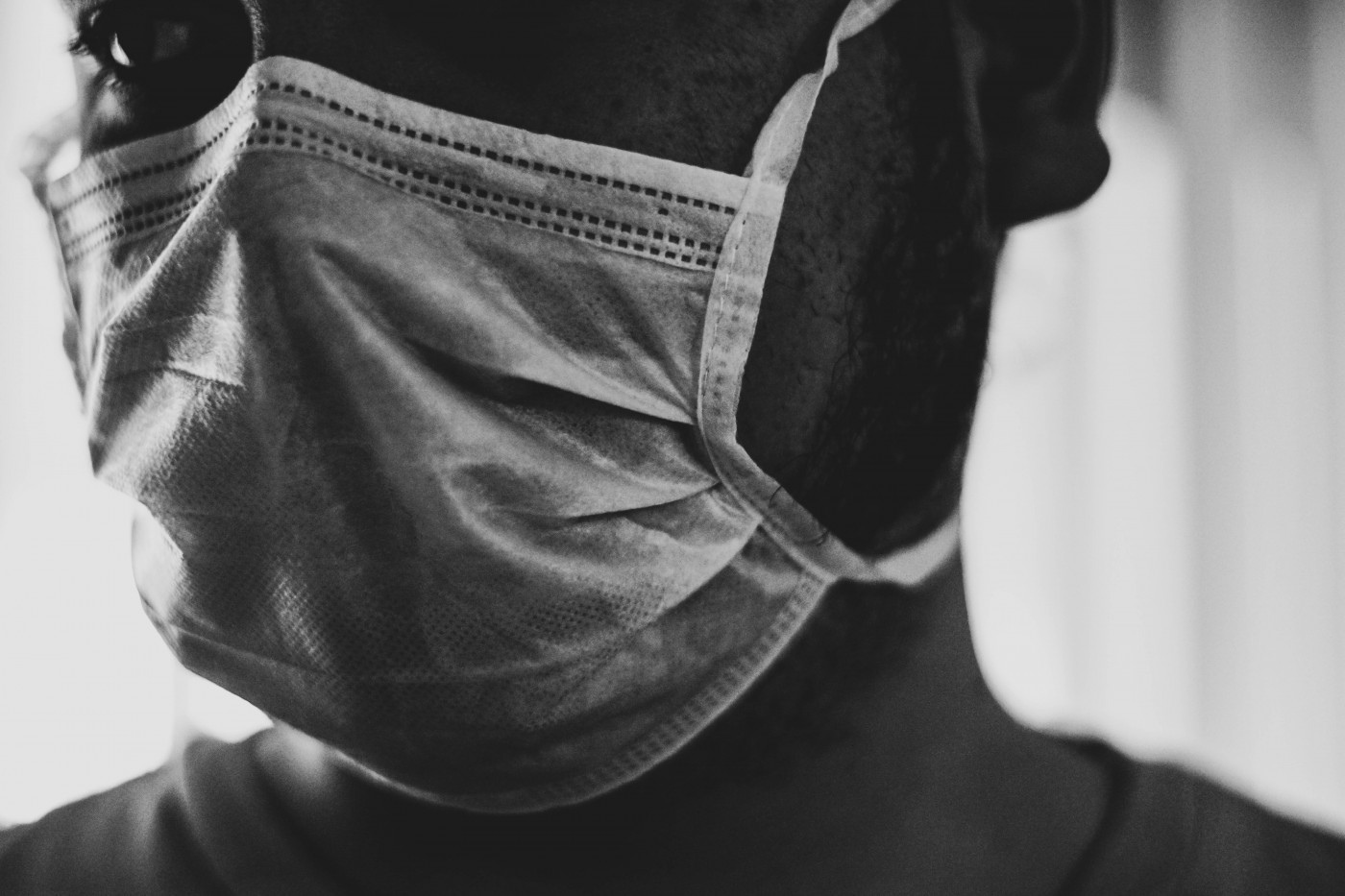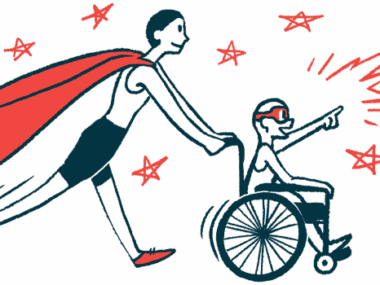UK Survey Examines Effects of COVID-19 on Dravet Patients
Written by |

While Dravet syndrome patients don’t appear to be at increased risk of severe COVID-19 complications, more study is needed about potentially adverse effects of prolonged social distancing and other preventative measures, a Dravet Syndrome UK (DSUK) survey indicates.
The report gives a view into the the novel virus’ impact on adult and pediatric Dravet patients, including the social and psychological effects of what the U.K. calls “shielding” — protecting those most vulnerable to prospectively serious COVID-19 outcomes. It will be used to shape future responses by governments and other bodies to the ongoing pandemic.
The anonymous online survey was conducted between June 17 and July 13, gathering 116 responses from parents or caregivers of children (74%) and adults (26%) with Dravet syndrome
“As COVID-19 infections are once again rising, we hope these survey results provide some timely insights that will be helpful for families living with Dravet syndrome,” Galia Wilson, DSUK trustee and chair, said in a press release. “The initial outbreak and lockdown was a frightening time for the Dravet community, partly due to uncertainties as to how coronavirus would affect children and adults with this very complex condition.”
Among the survey’s key findings:
- Some 43% of patients were deemed by a physician as “extremely vulnerable” to COVID-19.
- Ninety-one percent of respondents, including those not considered particularly vulnerable, shielded at home during lockdowns.
- Symptoms compatible with COVID-19 were reported in 19% of Dravet patients.
- There were no COVID-19 diagnoses among the four Dravet patients who underwent swab testing for the virus after experiencing symptoms. One respondent had antibody testing, which turned up positive for COVID-19.
- There were no COVID-19-related deaths, and in most cases the viral infection outcome was benign. Only 5% of patients required hospitalization due to complications.
- Half of those who developed possible COVID-19 symptoms reported an increase in seizure frequency or duration, or both.
- The presence of other medical conditions, including susceptibility to respiratory infections, swallowing difficulties, and spinal abnormalities, were not significantly associated with the presentation of COVID-19 symptoms.
“While this is only a small, retrospective survey and lacks test data on infection and antibody status, it nevertheless provides valuable insights that help us better understand the impact of COVID-19 on the Dravet syndrome community,” said Sanjay Sisodiya, a DSUK board member and professor at UCL Queen Square Institute of Neurology.
“The study adds to the emerging evidence that, overall, people with Dravet syndrome do not appear to be at increased risk of severe outcomes from COVID-19, though individual circumstances should always be taken into account,” Sisodiya said.
The study also highlights the potential impact of minimizing social interaction on mental well-being, Sisodiya added.
“Most families in our survey were shielding, although less than half were medically advised to do so. Whilst this may have contributed to prevention of infection, there was anecdotal evidence of social and psychological issues related to shielding. For example, several patients/carers reported problems due to increased anxiety and issues in accessing care for these individuals, who have complex needs and may need extensive monitoring,” Sisodiya said.
Simona Balestrini, consultant neurologist at the Chalfont Centre for Epilepsy and the survey summary’s lead author, recommended prompt testing of symptomatic individuals, along with the monitoring of patients in residential care facilities.
“In addition, given the clinical spectrum of severity in Dravet syndrome, a holistic risk/benefit assessment of shielding should be conducted on an individual basis, including health and social care needs,” Balestrini said.
Dravet syndrome affects about one in every 15,000 U.K. residents.





